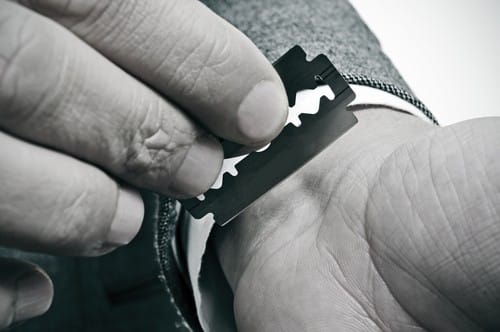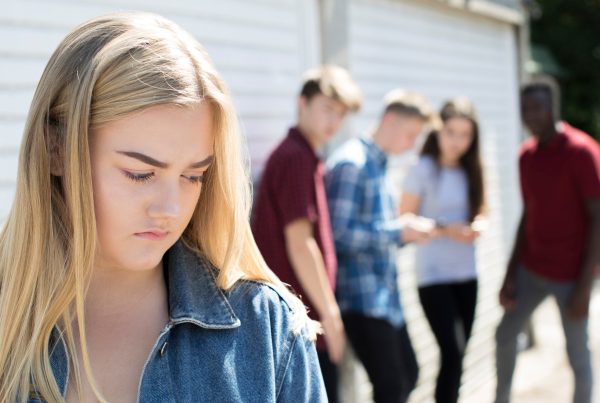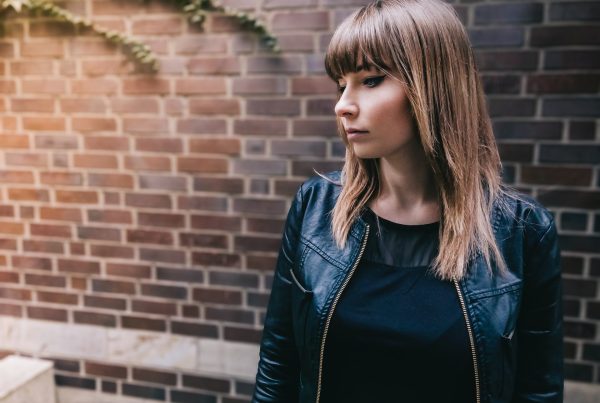We see a lot of adolescents who have been abusing prescription drugs, and prescription drug use is being hailed as the new gateway drugs. Parents are often concerned their teens  will experiment with street drugs and/or alcohol, but many teens are dipping into a familiar medicine cabinet, looking for a free and easy way to get high. A sticker that says, “May cause drowsiness,” can be misinterpreted to mean one can get high from it. Unfortunately, this sticker can be found on all sorts of medications, including anti-depressants and blood pressure medications.
will experiment with street drugs and/or alcohol, but many teens are dipping into a familiar medicine cabinet, looking for a free and easy way to get high. A sticker that says, “May cause drowsiness,” can be misinterpreted to mean one can get high from it. Unfortunately, this sticker can be found on all sorts of medications, including anti-depressants and blood pressure medications.
Sometimes, prescriptions are stolen by teens for their own use, and sometimes it’s for the purpose of trading from friend to friend or at parties. Pharmaceutical bartering amongst the teen set is far too common; two driving factors of adolescent prescription drug abuse are:
1: The misperception that prescription medication isn’t harmful
2: Ease of access to these drugs at home or a friend’s house
Some kids start experimenting with prescription drugs because they are trying to find ways to cope with their stress or anxiety; some use it to try to get an “in” with a certain crowd. There are those, too, who have been prescribed a medication for one thing, but notice a “benefit” for something else (like more focus on a test), and begin misusing it or sharing it with friends.
- According to the Office of National Drug Control Policy, more than 71, 000 children ages 18 and under are seen in the ER for unintentional overdoses of prescription and over-the-counter drugs.
- Two-thirds (66%) of teens who report abuse of prescription medications get them from friends, family, and acquaintances.
- Among young people ages 12-17, prescription drugs are the second most abused drug (behind marijuana)
- Teens ages 12-17 have the second-highest annual rates of prescription drug abuse; young adults 18-25 have the highest rate.
- Every day, 2700 teens try prescription drugs for the first time with the intent of getting high.
- Nearly one in four teens have taken a prescription medication that was not prescribed to them.
- One in three teens report being offered a prescription drug or OTC medication for the purpose of getting high.
- One in three teens report having a close friend who abuses prescription pain medications.
- One in four teens report having a close friend who abuses cough medicine to get high.
- One in 10 teens report abusing cough medicine to get high.
Parents must take preventative action with their medication. It’s imperative that all medications are accounted for and kept locked up. Do you safely dispose of unused medications? Or do they reside in the dark corners of your medicine cabinet, collecting dust on their exhausted expiration dates? Are they loosely out on a counter or tabletop for easy access? Our kids watch us all the time; they learn from our actions and reactions, and they mimic us our behaviors. It’s important to mirror positive actions so our kids do the same. Kids will try anything on, and if taking a lot of medications is part of your habitual behavior, they may try that on too.
Here are some guidelines to support healthy means of communication around the use and misuse of prescription drugs, and the safe way to store and dispose of all prescription medications:
- Communicate with your kids and educate them about the risks of prescription drug abuse. Be honest and age appropriate.
- Don’t take medications that aren’t prescribed to you. (A recent study by The Partnership at Drugfree.org showed that 27 percent of parents have taken a prescription medicine without having a prescription for it themselves.)
- Store your medications in a secure place..
- Keep a record of what medications you have and how much you have – have this information before you lock the meds up.
- Keep note of your refills;
- If your teen has been prescribed a medication, make sure YOU monitor it, not them;
- Educate your friends and relatives about the danger of prescription drugs and encourage them to store them properly;
- Discard drugs that are either expired or are no longer needed;
See HERE for the the list of medications you can flush; beyond this list, please ensure that medications are disposed of as follows, per FDA.gov:
1: Remove medication from their original containers and mix them with an undesirable substance, such as used coffee grounds or kitty litter (this makes the drug less appealing to children and pets, and unrecognizable to people who may intentionally go through the trash seeking drugs).
2: Place the mixture in a sealable bag, empty can, or other container to prevent the drug from leaking or breaking out of a garbage bag. Then you can toss them in the trash.
Please stay on top of this. The public has access to many viable resources like SAMHSA, Partnership for a DrugFree America, and the Medicine Abuse Project for more information and free pamphlets. If you suspect your child is abusing prescription drugs or any drugs at all, seek help.






